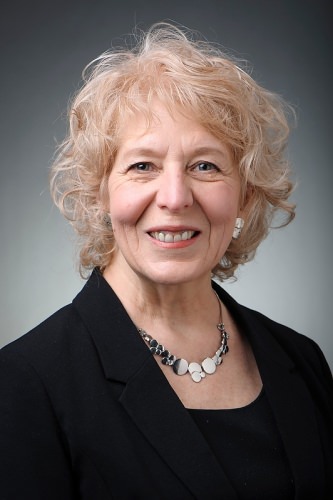Office of Quality Improvement wins award for facilitation
UW-Madison’s Office of Quality Improvement has received a silver Facilitation Impact Award from the International Association of Facilitators (IAF).
The award recognizes more than two decades of “achieving positive and measurable impact through excellence in facilitation.”
The office facilitated more than 250 projects in the last two years at schools and colleges, departments, and administrative units across campus. They include coordinating campuswide initiatives, and helping campus units develop strategic priorities and solve complex problems.
OQI’s clients on campus praise the impact the office has had.
“They understand the difficult art of working with faculty in a way that guides progress and, if necessary, redirects energy or efforts to result in productive outcomes,” says Steve Robinson, professor and past chair of the Department of Industrial Systems and Engineering.
“OQI has been incredibly helpful in the creation of strategic plans both for the School of Medicine and Public Health (SMPH) as a whole, and for many of our departments and centers, including restructuring efforts, says Bob Golden, the school’s dean. “In each instance, they catalyzed the effective ‘sifting and winnowing’ of diverse ideas and perspectives, facilitating the timely and efficient conclusion of inclusive discussions.”
OQI was established in 1990 and has evolved its services and approaches to serve the campus’s changing needs and leadership. Director Maury Cotter, who was instrumental in forming the office, plans to retire in January 2017.
Reporting to the provost, OQI serves as an internal consulting service available upon request to academic and administrative units and initiatives across campus. It provides organizational excellence services upon request, including strategic planning, project management, restructuring, process improvement and change management.
Out of the 40 facilitative initiative nominations received from businesses, governments and not-for-profit organizations from around the world, 21 received awards: three platinum, five gold and 13 silver.
“The Facilitation Impact Awards celebrate the power of collaboration,” says Kimberly Bain, past global chair of the association. “We now have concrete proof that group facilitation and group process methodologies yield significant results. When we look at the metrics (shown in the submissions), we see higher levels of stakeholder buy-in, and now, for the first time ever, we can show measurable, impactful results,” she says.

